WATCH: Tony Blair declares war on motorists with 1p PER MILE tax proposal
GB NEWS
The Chancellor refused to rule out fuel duty changes earlier today
Don't Miss
Most Read
Trending on GB News
Rachel Reeves is less than 24 hours away from delivering Labour's first Budget since it entered Government in July, with a number of major decisions expected to impact motorists.
Keir Starmer and the Chancellor have already promised that the Budget will include "tough decisions" for all Britons. Fuel duty, car tax changes, car insurance rules and more could all be included in the Autumn Statement.
To help motorists prepare for the upcoming Autumn Statement, GB News has rounded up the most important changes that could be introduced next week.
Do you have a story you'd like to share? Get in touch by emailingmotoring@gbnews.uk
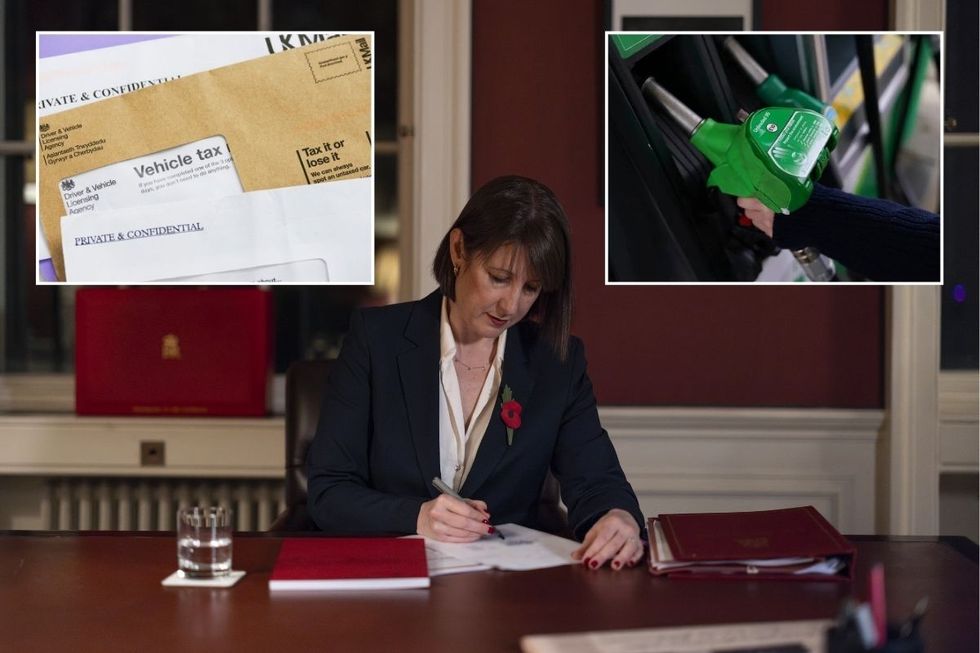
Rachel Reeves is preparing to deliver the Budget tomorrow
HM TREASURY/GETTY/PA
Fuel duty
Rachel Reeves will have to make a major decision on the future of fuel duty. The current 5p per litre cut will expire in March, with fuel duty being identified as one of the potential measures the Government could take to mitigate the financial black hole.
There are three main options available to the Chancellor. A freeze would give the Government until March to make a decision, she could cut the rate even further, although this is highly unlikely or she could remove the 5p cut to bring the rate back to 57.95p per litre.
Some have suggested that Rachel Reeves could hike the rate of fuel duty to take inflation into account. This would be the first hike since 2011 and would likely be deeply unpopular with motorists.
Replying to a question in Parliament earlier today, the Chancellor said: "The previous Government factored into their forecast an increase in fuel duty this year. I will set out our plans in the Budget tomorrow."
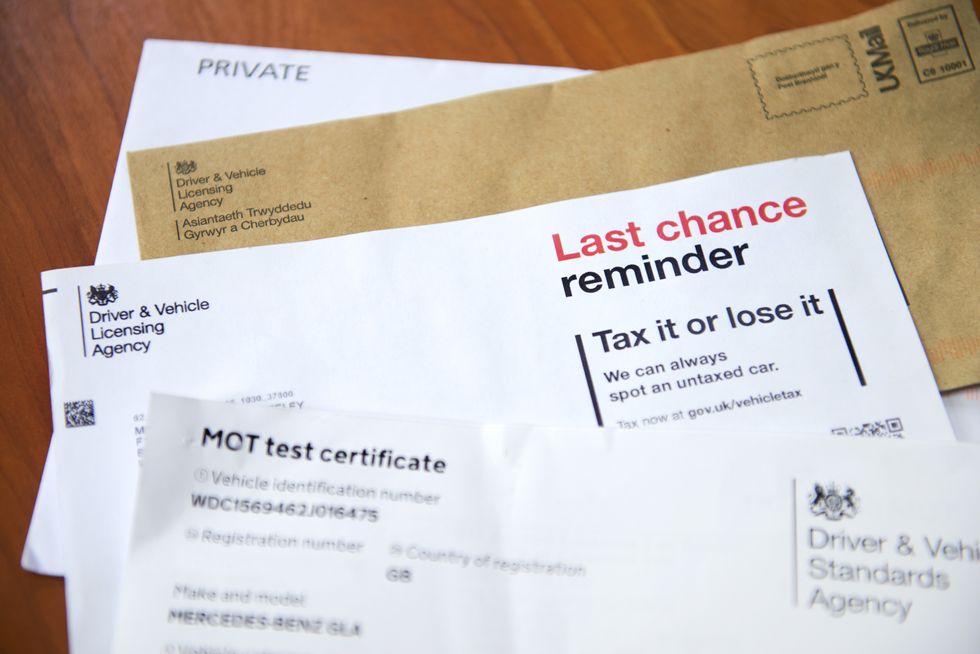
There has been a swell of support for car tax changes in recent months
GETTYCar tax
As more drivers switch to electric vehicles, the need for an alternative to fuel duty will become more necessary, prompting the rise of support for pay-per-mile road pricing measures, most recently backed by the Tony Blair Institute for Global Change.
A recent report from the think tank suggested that Britons could be charged 1p per mile they drive in a bid to make the system of taxation fairer and raise money for the Government when receipts from fuel duty continue to slide over the coming years.
An HM Treasury spokesperson said: "We have no plans to introduce road pricing. We are committed to supporting our automotive sector as we transition to electric vehicles in order to meet our legally binding climate targets."
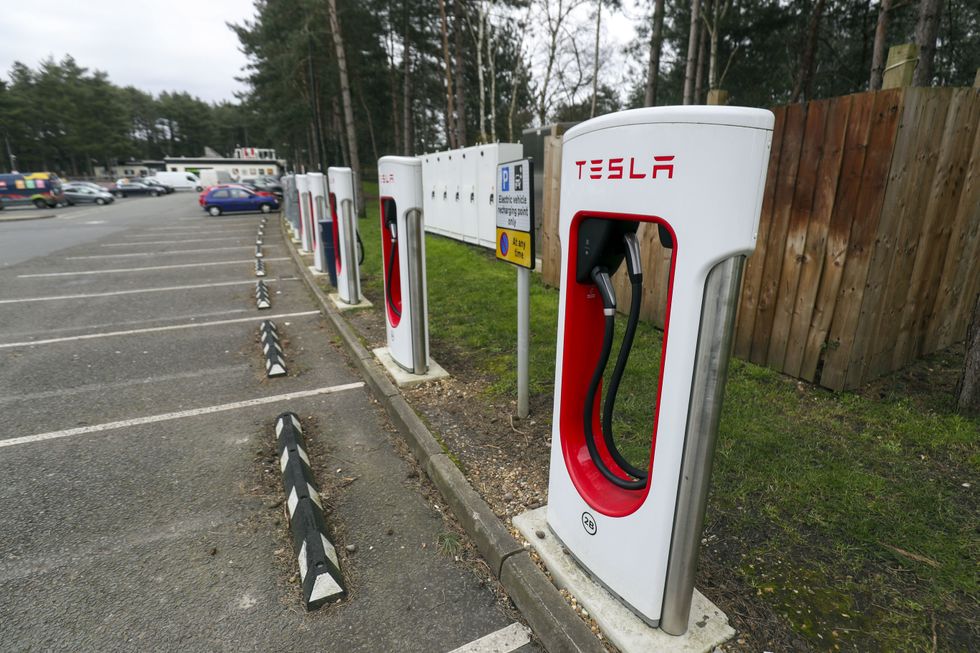
Drivers have called for more public EV chargers
PAElectric cars
Experts have spoken of their support for electric vehicles in the upcoming Budget and what could be announced. Potential changes could include additional funding for chargers or even grants for motorists.
Denis Watling, managing director at ChargeGuru UK, said: "The main outcome we’re hoping to see is no removal or reduction in funding for EV charging infrastructure. We believe that the current funding via OZEV - mainly focused on supporting those without a driveway - is aimed at exactly the right segment of potential EV drivers.
"We also hope that the various financial advantages for those people making the switch to EVs remain in place; including zero VED, lower BiK rates for company car drivers and effectively 'no' fuel duty paid."
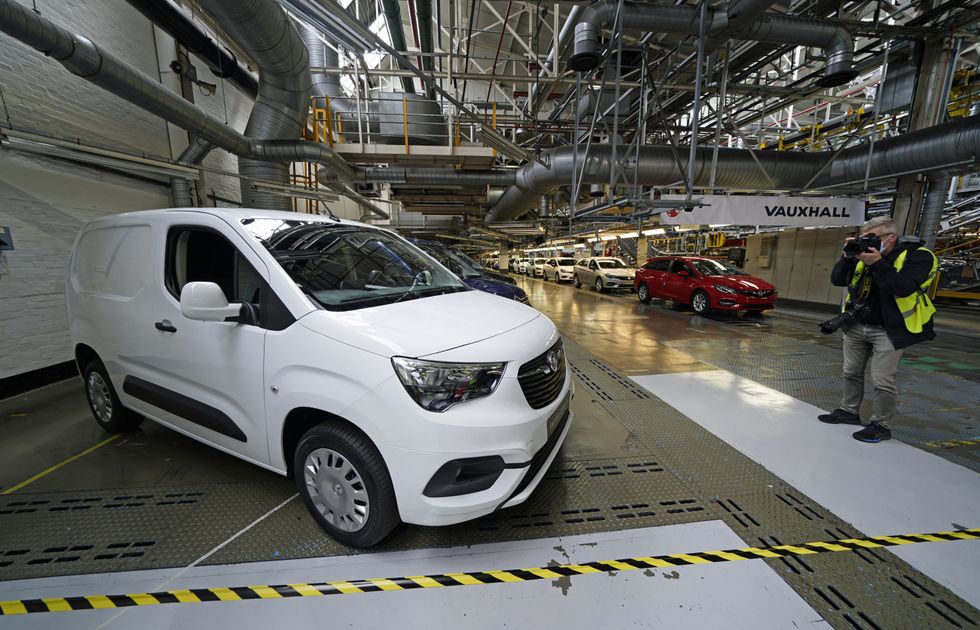
There are hopes that the Government will introduce more clarity for Benefit-in-Kind rates
PABenefit-in-Kind tax
Drivers making use of salary sacrifice schemes through their workplaces currently pay Benefit-in-Kind (BiK) tax, with electric vehicle owners seeing the cheapest rates of just two per cent.
However, rates will continue to rise over the coming years, reaching five per cent in 2027/28. While this is still dramatically lower than the 37 per cent for the most polluting petrol and diesel vehicles, experts are calling for the Government to extend rates beyond 2028.
This would give clarity to many drivers wanting to switch to an electric vehicle, as well as boost the overall industry with more EVs on the used car market.
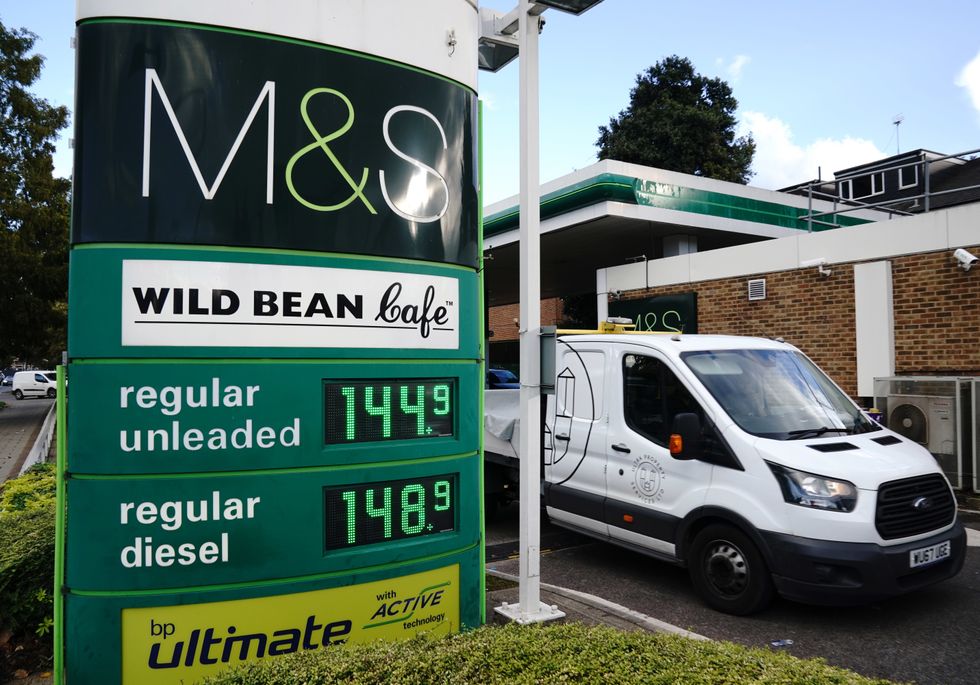
Drivers in Northern Ireland already benefit from cheaper petrol and diesel prices
PAPumpWatch
With many experts predicting that the Government could roll back the fuel duty freeze, it could be the perfect opportunity for Labour to roll out the long-awaited PumpWatch.
The fuel price checker would allow motorists to see how expensive petrol and diesel prices are in their local area, especially if costs do grow in the weeks after the Budget.
Former Energy Security Secretary Claire Coutinho said it would promote competition and transparency, with Northern Ireland's Consumer Council already helping motorists save.
LATEST DEVELOPMENTS:
- More than 1,000 Ford staff to strike tomorrow amid warnings industrial action could 'intensify'
- M25 slip road to close this weekend with drivers warned to expect delays - 'Important the public knows'
- British drivers overwhelmingly reject pay-per-mile car tax changes and fuel duty hikes ahead of Budget
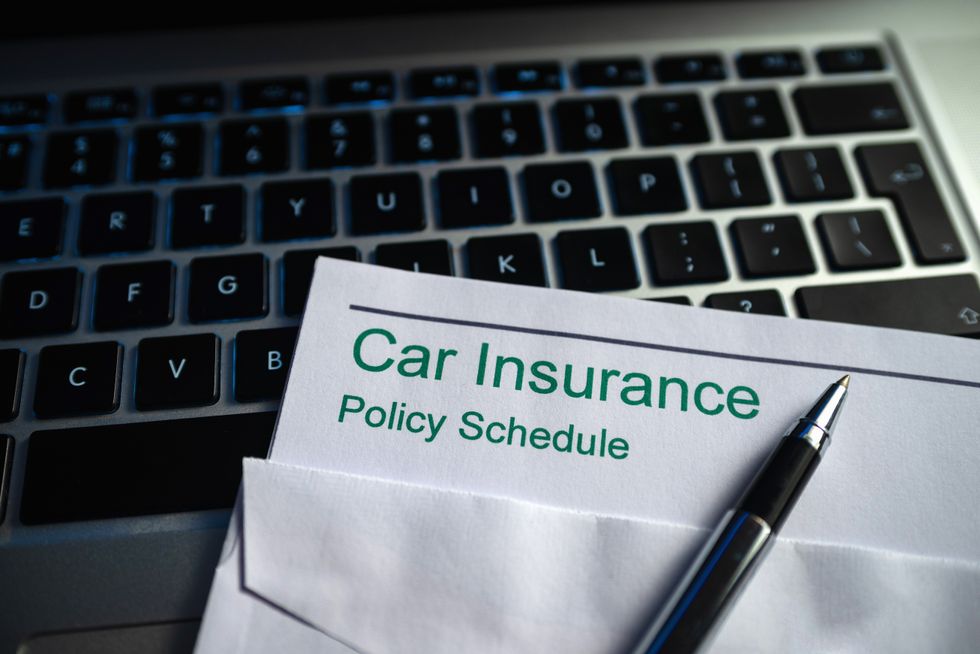
A new taskforce has been created to address expensive car insurance premiums
GETTYCar insurance
Drivers have been dealing with enormous car insurance costs for the last two or three years and the majority of Britons have called for greater help from the Government to ease the burden.
Recently, Transport Secretary, Louise Haigh, and Economic Secretary to the Treasury, Tulip Siddiq, launched a new taskforce to crack down on spiralling car insurance costs and keep costs under control.
Any mention of changes to help lower car insurance prices in the Budget would be warmly welcomed from across the political sphere.
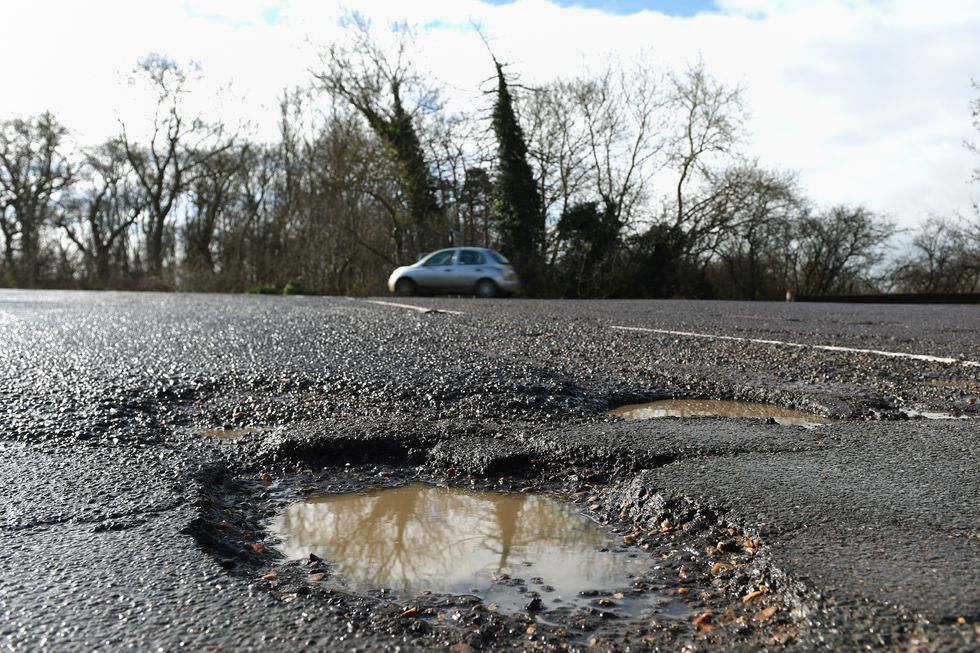 The Budget could see extra funding for pothole repairs PA
The Budget could see extra funding for pothole repairs PAPotholes
Potholes continue to plague roads across the UK, and following Labour's promise to fill in one million more potholes per year, motorists will be looking for improvements.
Speaking to GB News, Stephen Cooke, MD of Asphalt Group, said: "The industry needs a reset. We have the solutions. I’m sick of hearing, reading about and seeing potholes. We can solve this now. We need an honest debate about the reasons why the UK's roads are in the condition they’re in. It’s a lack of proper investment.
"We should be highlighting the importance of extending the life of roads and the range of solutions that will reinforce surfaces and make roads last longer, reducing costs and improving efficiencies."








